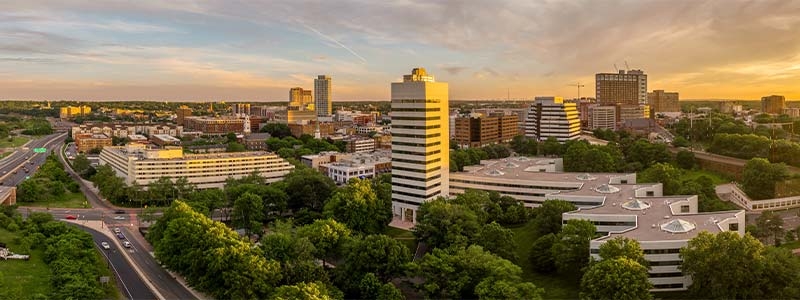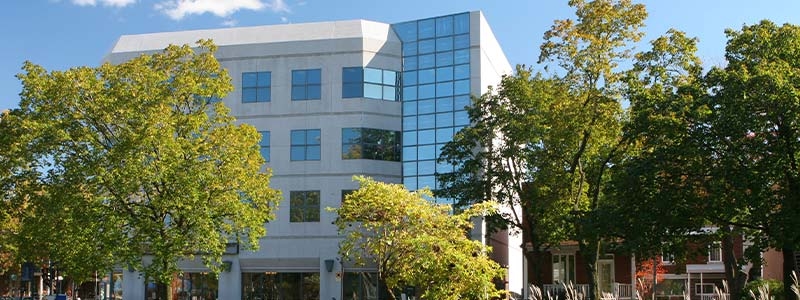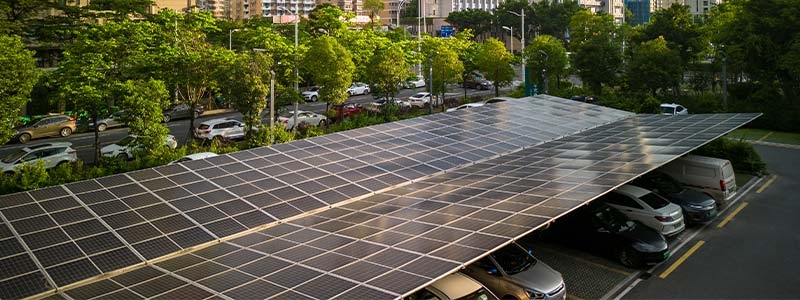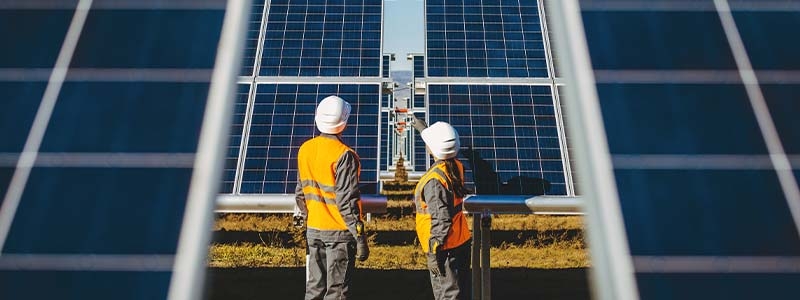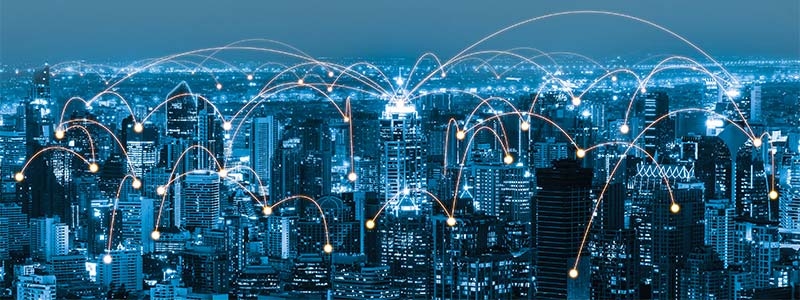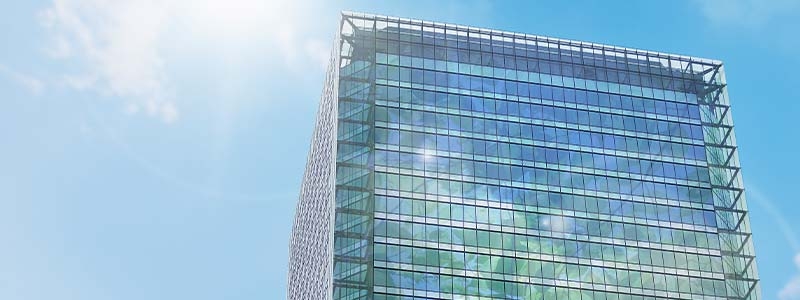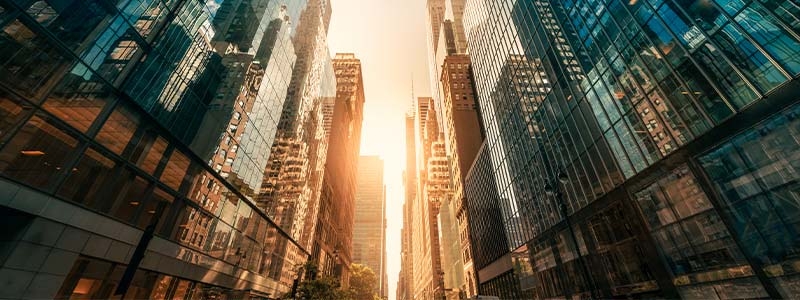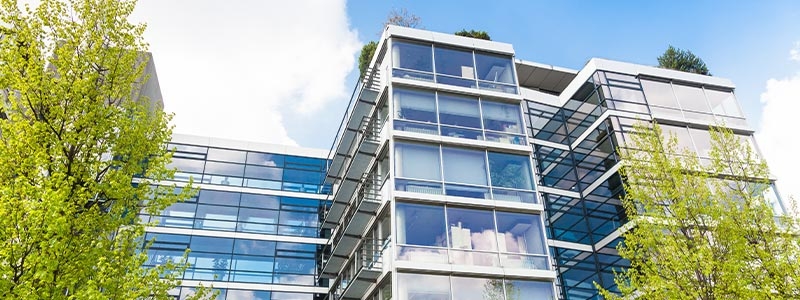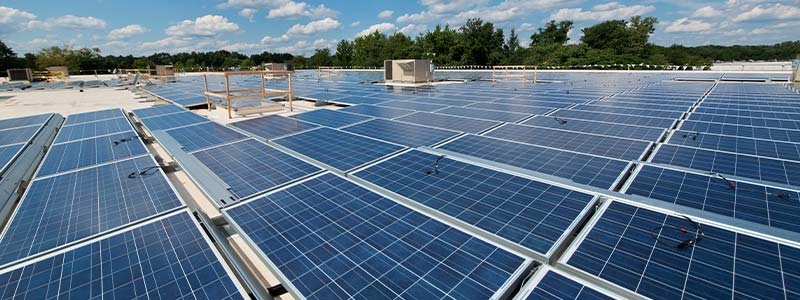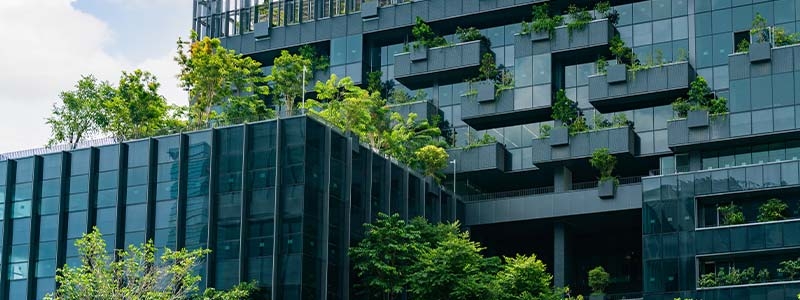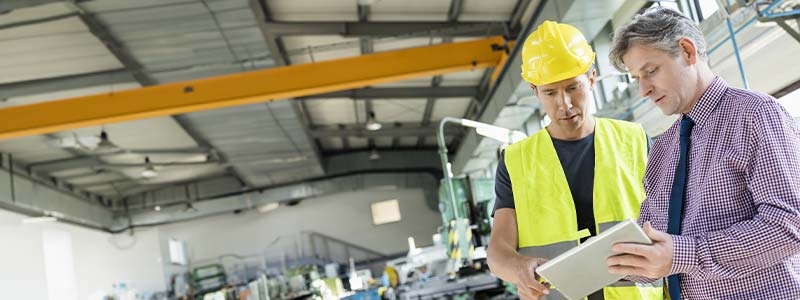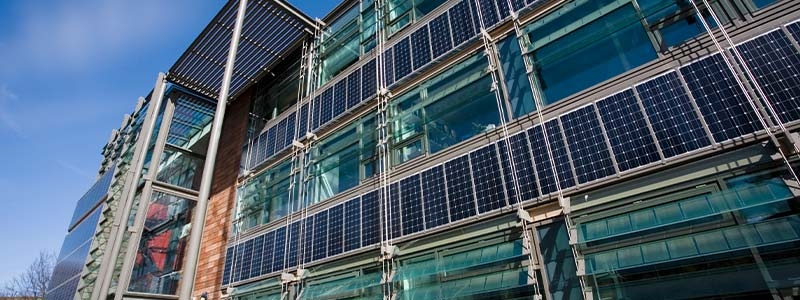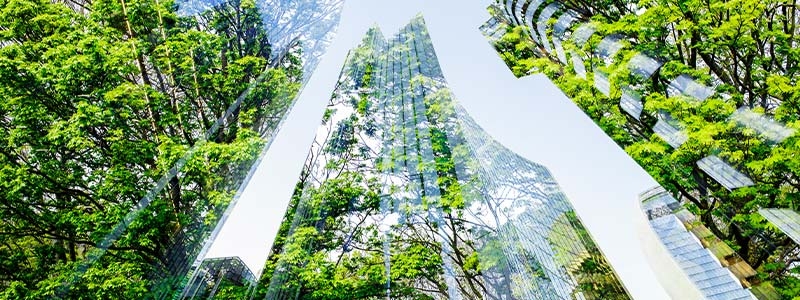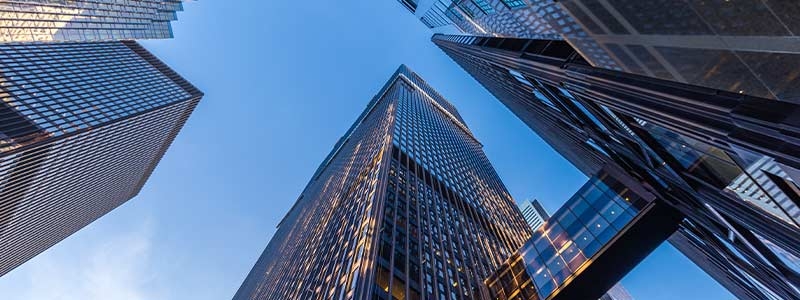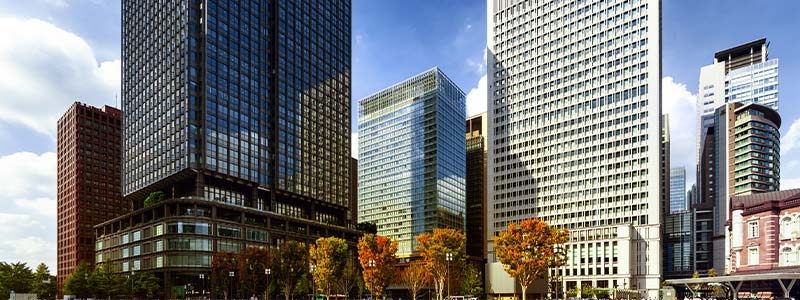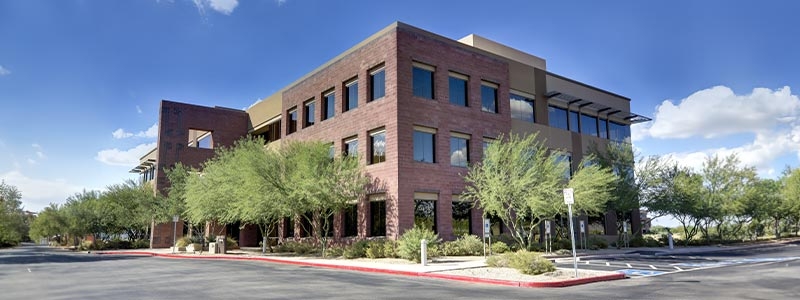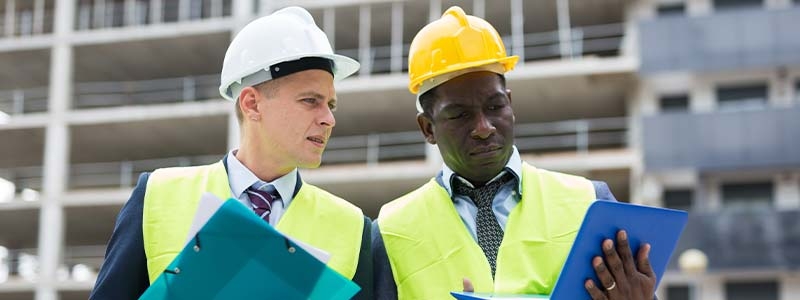Buildings of the Future use real-time data and interoperable technology to create sustainable, resilient, efficient, and people-centric facilities that meet the evolving needs of the businesses and people who use them. These buildings leverage automation, IoT (Internet of Things), data analytics, and renewable energy sources to optimize energy consumption, improve occupant comfort, enhance safety and security, and reduce environmental impact. They often feature intelligent lighting, HVAC systems, smart meters, occupancy sensors, and energy management systems, all interconnected to optimize energy usage and provide a seamless user experience.
2. What are the benefits of Buildings of the Future?Buildings of the future offer numerous benefits. They enable organizations to pursue a sustainable net zero strategy, reducing energy consumption, carbon emissions, and costs, while minimizing the consequences of environmental regulations, carbon taxes, and volatile energy prices. Additionally, modern power management systems and microgrids provide resilience by protecting assets and ensuring uninterrupted operations. Leveraging data aggregation and AI technology enhances operational efficiency, enabling real-time data access, automation of tasks, better decision-making, and reduced operating costs. Lastly, optimizing user experience through consolidated data, automation, and enhanced business operations leads to increased attraction, retention, and differentiation.






